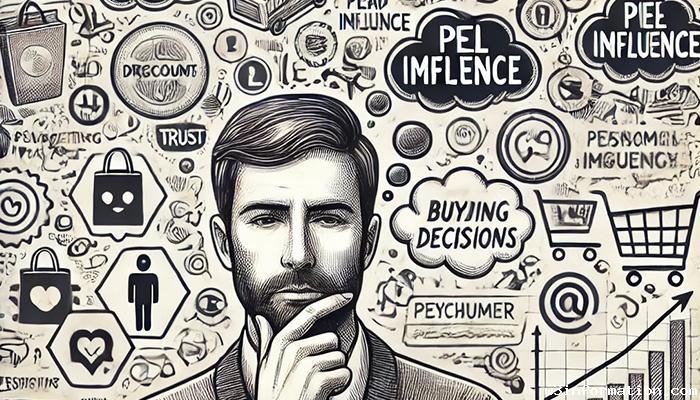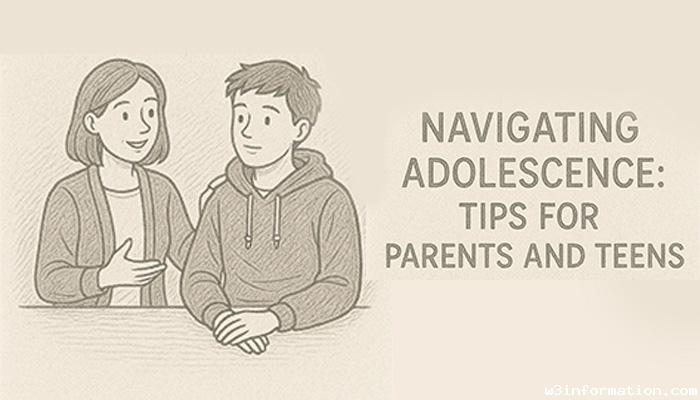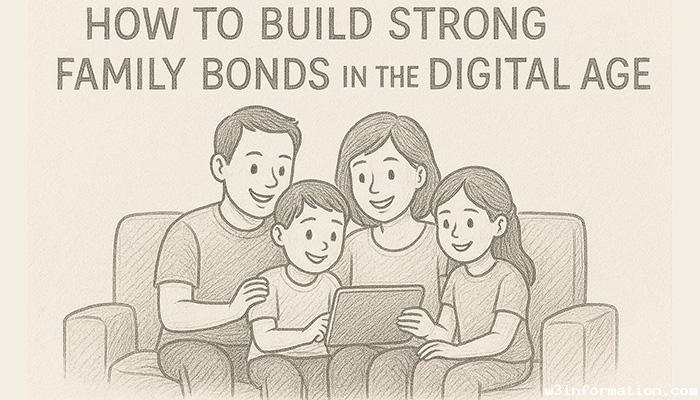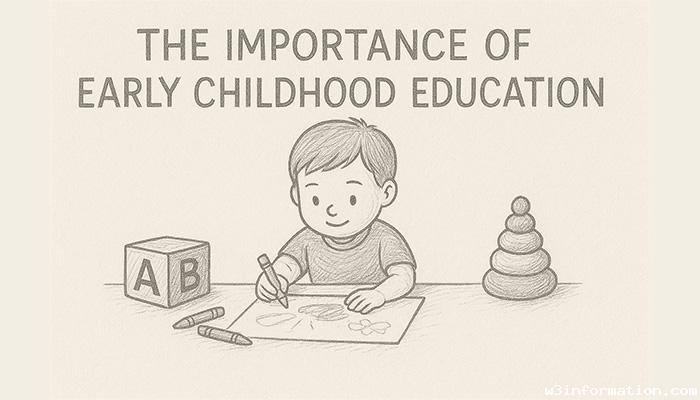Consumer Psychology: What Drives Buying Decisions
The study of consumer psychology reveals the basic motivations and perceptions that drive consumer behavior during purchase decisions. Businesses that comprehend their buyers' motivations can develop successful strategies which satisfy consumer needs and build brand loyalty. The blog examines psychological elements that influence purchasing choices and their effects on consumer behavior.
The Foundations of Consumer Psychology
Psychological Drivers of Buying Decisions
Emotional Influence
Role of Emotions: Decision-making processes are significantly affected by feelings of happiness, fear, and nostalgia.
Examples: Advertisements that trigger positive feelings make products more appealing to consumers.
Social Proof
Definition: Individuals frequently seek direction from other people during their decision-making processes.
Application: Product credibility gains validation through reviews testimonials and influencer endorsements.
Cognitive Biases
Anchoring Effect: Initial information shapes subsequent decisions.
Scarcity Principle: Limited availability increases perceived value.
Brand Loyalty
Emotional Connections: Customers remain loyal and continue purchasing from brands that forge strong identities.
Customer Experience: Consistent quality and positive interactions enhance trust.

Factors That Shape Consumer Behavior
Emotional Influence
Role of Emotions: Decision-making processes heavily depend on emotional states including happiness, fear, and nostalgia.
Examples: Advertisements that evoke positive emotions enhance the attractiveness of products.
Social Proof
Definition: Individuals frequently rely on others to guide their decision-making processes.
Application: Product credibility becomes verified through customer reviews and influencer endorsements.
Cognitive Biases
Anchoring Effect: Initial information shapes subsequent decisions.
Scarcity Principle: Limited availability increases perceived value.
Brand Loyalty
Emotional Connections: Powerful brand identities create customer loyalty which leads to recurring purchases.
Customer Experience: Consistent quality and positive interactions enhance trust.
Factors That Shape Consumer Behavior
Cultural Influences
Impact of Culture: The values and norms present within different cultures drive the way people choose products and make purchases.
Globalization: Companies must adapt to diverse consumer bases.
Personal Factors
Age and Life Stage: Needs and preferences evolve over time.
Lifestyle: People who focus on their health tend to select organic or sustainable products as their preference.
Psychological Needs
Identity and Self-Expression: Purchases often reflect personal values and aspirations.
Comfort and Security: Customers look for products that offer both ease of use and dependable performance.
The Role of Marketing in Influencing Decisions
Targeted Advertising
Data-Driven Insights: Personalized ads cater to individual preferences.
Emotional Appeals: Campaigns that resonate emotionally enhance engagement.
Packaging and Presentation
Visual Design: Attractive packaging draws attention and conveys quality.
Information Clarity: Clear labeling aids decision-making.
Pricing Strategies
Psychological Pricing: The pricing method known as "charm pricing" (such as $9.99) affects how consumers perceive value.
Discounts and Promotions: Limited-time offers create urgency.
The Impact of Digital Transformation
E-Commerce and Online Behavior
Convenience: Online shopping has shifted consumer expectations.
Reviews and Ratings: Digital feedback significantly impacts decisions.
Social Media Influence
Peer Recommendations: The influence of social proof is intensified through social media platforms.
User-Generated Content: Photos, reviews, and testimonials add authenticity.
Ethical Considerations in Consumer Psychology
Responsible Marketing
Transparency: Honest communication builds trust.
Avoiding Manipulation: Ethical marketing respects consumer autonomy.
Promoting Sustainability
Eco-Friendly Choices: Highlighting sustainable practices appeals to conscious consumers.
Social Responsibility: Aligning with causes fosters positive brand perceptions.
Measuring the Effectiveness of Psychological Strategies
Metrics and Analytics
Customer retention rates along with conversion rates and sentiment analysis determine success metrics.
Feedback Loops
Businesses that consistently monitor and evaluate customer feedback maintain relevant strategies.
Conclusion
Businesses gain powerful tools to connect with customers by understanding consumer psychology which reveals the motivations behind purchasing decisions. When businesses apply psychological principles ethically they can establish meaningful consumer experiences that build lasting success.
 Top 10 Comfort Foods to Try This Winter
Top 10 Comfort Foods to Try This Winter
 Top 10 Christmas Destinations Around the World
Top 10 Christmas Destinations Around the World
 Navigating Adolescence: Tips for Parents and Teens
Navigating Adolescence: Tips for Parents and Teens
 How to Start a DIY Craft Project on a Budget
How to Start a DIY Craft Project on a Budget
 How to Build Strong Family Bonds in the Digital Age
How to Build Strong Family Bonds in the Digital Age
 The Importance of Early Childhood Education
The Importance of Early Childhood Education